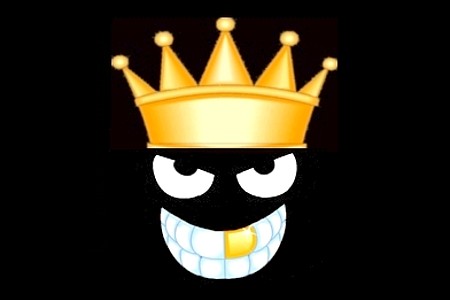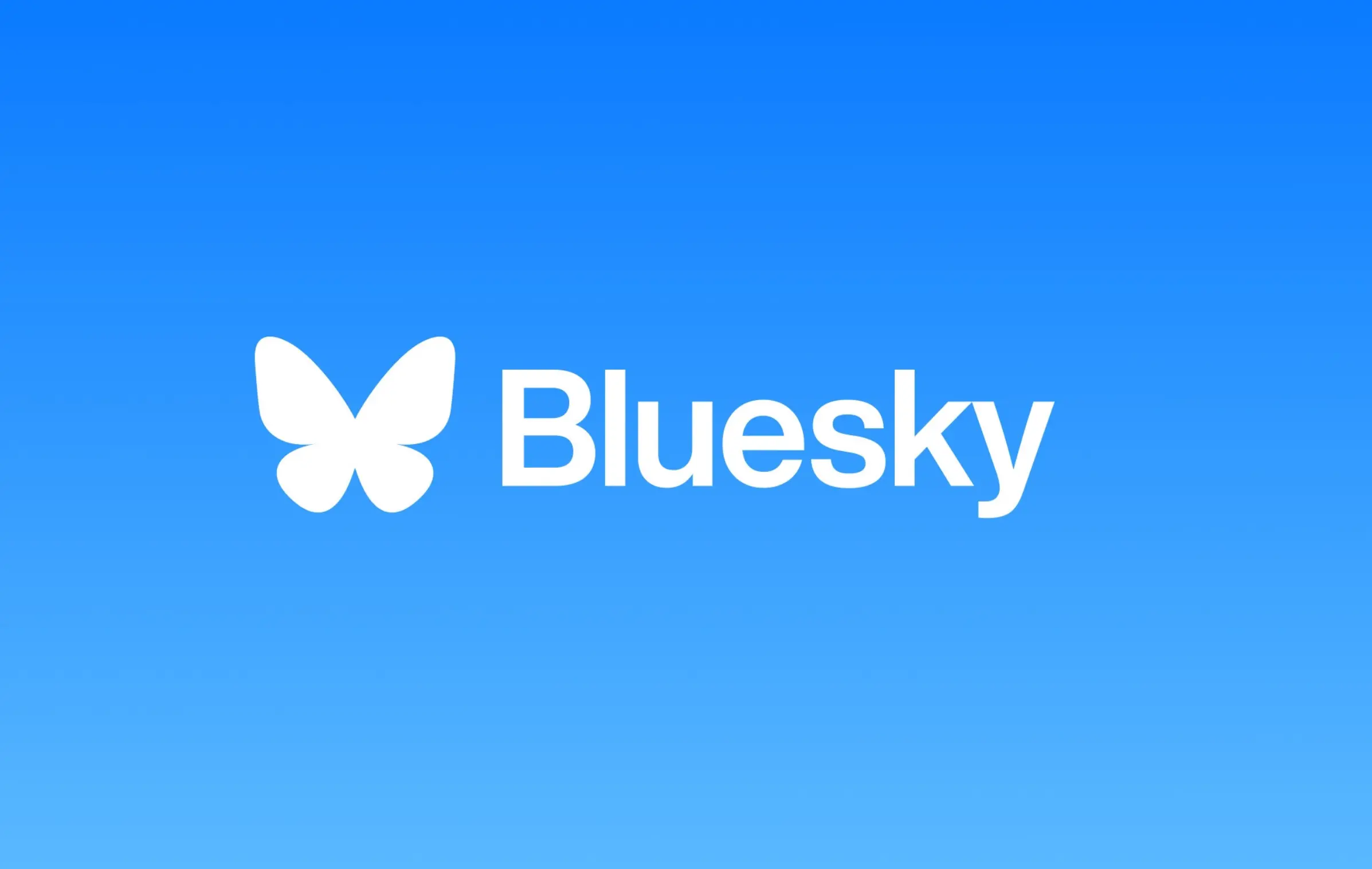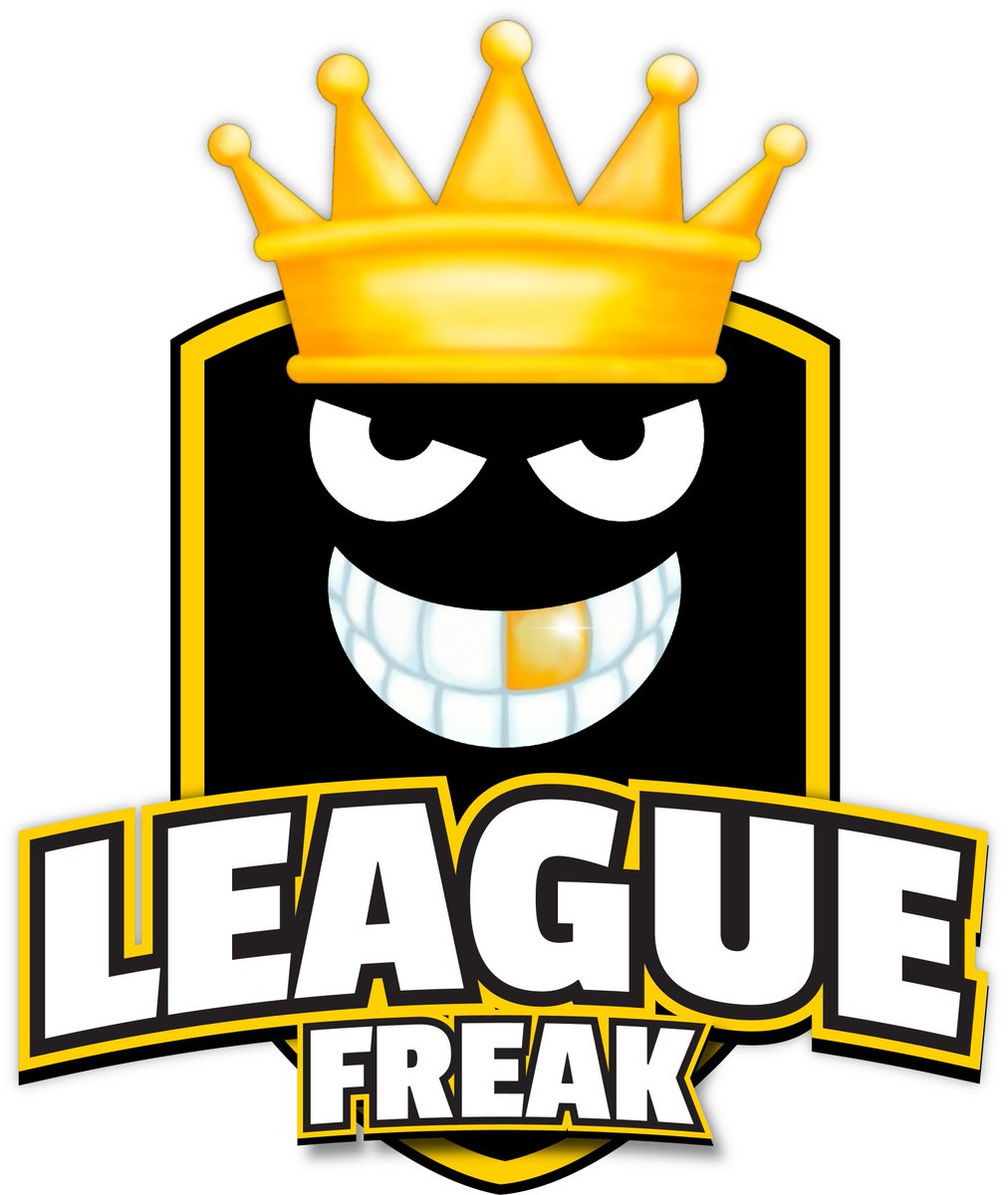It is finals time in the National Rugby League and Super League. This is the business part of the season, where the game and its sponsors get the most attention.
Yet here we are, in 2011, and teams on both sides of the world are refusing to talk to the media. They are under self imposed media bans.
I understand it when a team puts a media ban on a young player who is making a lot of headlines. Some young blokes just don’t handle the distraction all that well. On the other end of the scale you have a young bloke like Manlys Dale Cherry-Evans who handles the media attention very well and is very comfortable with it.
When you get to the finals though, and you have players who are all use to dealing with the media, there is no excuse for a media ban.
I can see why a team would want to get away from the hype and just focus on what they need to get done on the weekend, however, they don’t have that luxury. These guys are professional athletes, they play the game for commercial reasons and at the end of the day the people that get hurt by these media bans are the players themselves.
This is the time of the year when sponsors get their real moneys worth. There are fewer teams clouding the shop front and more attention focused on the game. This is when a sponsors logo gets it air time, and yet, with media bans, that isn’t being fully utilized.
Sponsors who don’t get full whack for their money tend to pay less the next time around. Less money in the pocket of clubs means less money flowing into the pocket of players.
See how that works?
It is time that the NRL and RFL put an end to media bans.
There should be at least two compulsory media sessions that every club must attend in full every single week of the finals. Make them an hour each.
If your clubs Grand Final run was destroyed by a couple of hours of media work during the week, your team was not going to win the Grand Final anyway!
If teams don’t attend these media sessions they would cop a $25,000 fine. If it is worth that much to a club to not attend a couple of media sessions, thats fine by me. They can play the money and not talk to the media at all.
I suspect not many would be reaching into their pockets though….
Media bans really come down to coaches wanting to cut back on variables, which is their job, but something the games administrators should never allow to happen. It is the variables in our game that bring the excitement to our game.
A coach put on a media ban, which means none of his players can say anything that can fire up the opposition. It means a journalist can’t upset any of his players or put doubt into their minds with a question about a bad game or the teams record against their next opponent.
It also created a false siege mentality where by the coach can say “We’ve blocked every else out, its us against the world, lets focus on showing everyone what we are made of”.
Coaches love control. They love anything they can get under their control. Variables, in a coaches mind, take away from their influence on the teams performance because, they can’t plan for some things.
Variable are the reason Brian Smith made his Parramatta Eels play with 12 players for part of a match in 2001. He had the Grand Final favorites, and he wanted to remove the variable from his side of “How will we play is we get someone sent off over the next few weeks”.
A media ban is just another way for a coach to control the variable. That’s fine, but it does not help the game in any way.
It is a practice that must be stopped.








